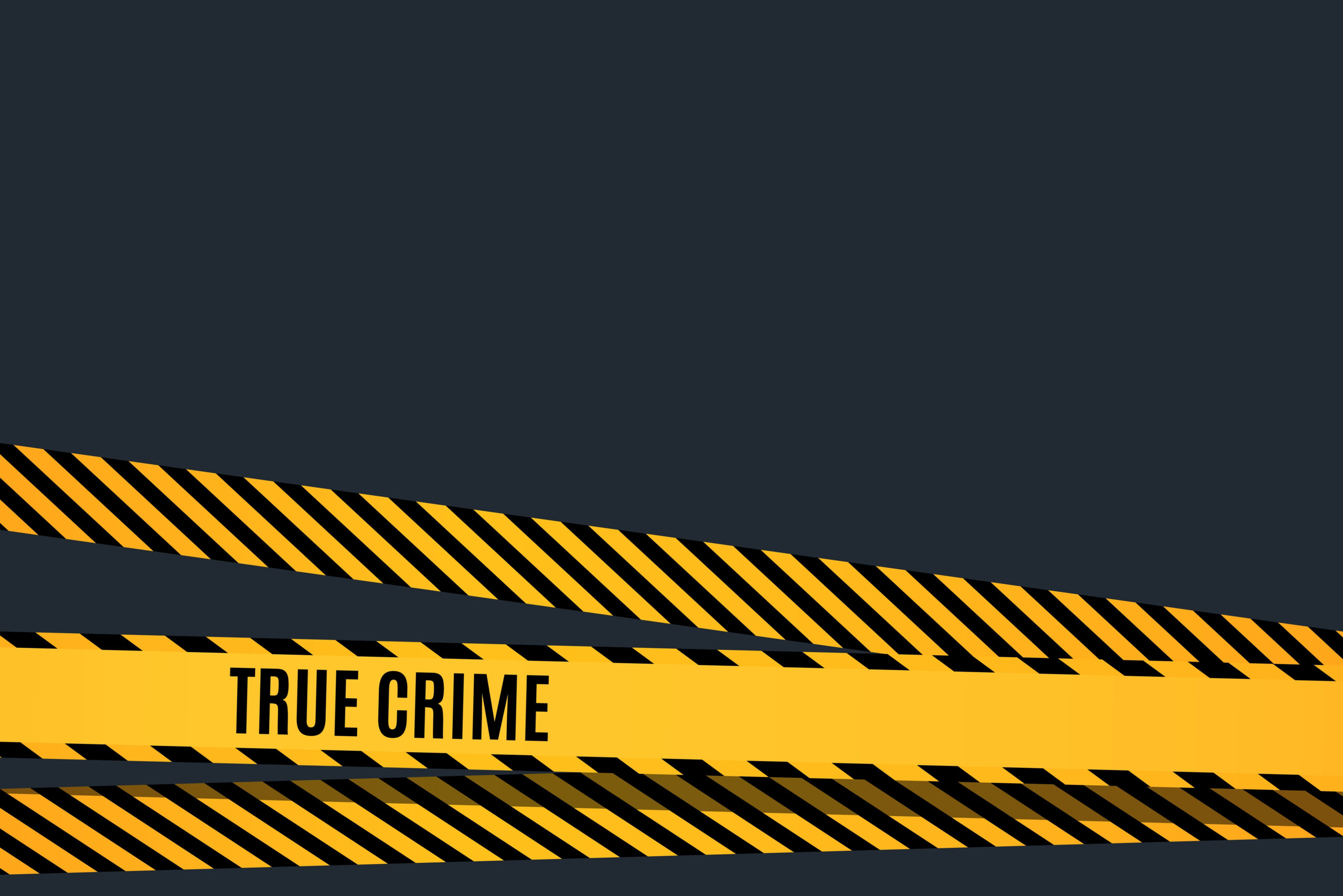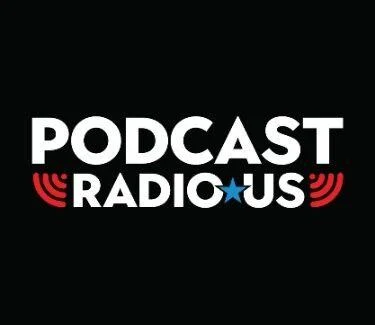
It’s hard to believe, but right now celebrates the 10th anniversary of the milestone podcast Serial. Produced by the This American Life team, Serial launched the rebirth of the podcast platform which – up to that point – had been trying to find its place in the audio hierarchy.
Serial inspired untold thousands of would be podcasters to buy equipment, build home studios, and most importantly, try their hand at telling stories via a spoken word format, once the province of over-the-air radio during the pre-television days when pictures were created with words and sounds. At varying points, radio dramas have enjoyed revivals, but certainly not over the past few decades as the advent of PPM made it challenging to use the airwaves to tell long-form stories.
But it wasn’t just the world of podcasts that enjoyed a revival thanks to Serial. This landmark series was decidedly a brilliant example of the “true crime” genre. Already wildly popular in multi- media forms – books, movies, TV – Serial marked the ability of writers and producers to spin stories of crime, lust, avarice, greed, deceit and, of course, murder in an audio chapter format millions discovered was compelling.
media forms – books, movies, TV – Serial marked the ability of writers and producers to spin stories of crime, lust, avarice, greed, deceit and, of course, murder in an audio chapter format millions discovered was compelling.
In many ways, the concept was nothing new. Before the advent of television, radio dramas – including crime stories – were all over the radio airwaves. But the format was new to 21st century consumers of media and entertainment. Podcasts helped make “true crime” a mainstream genre.
The original Serial was so novel and riveting that even its production team was unable to recapture its brilliance in subsequent seasons. But the impact of Serial shouldn’t be lost on any of us in the storytelling business: thousands of podcasts are available to those of us us enamored by the “true crime” genre.
And while none may attain the lofty quality and buzz of Serial, these efforts have vaulted the “true crime” genre into the #4 position according to Edison Research’s recent “True Crime Consumer Report” study in partnership with Ashley Flowers’ audiochuck production company.
As reported in Inside Radio, Edison conducted an online study comprised of more than 3,000 U.S. persons 13+ this past May. The study is loaded with smart data about the popularity of “true crime,” which came in third place overall in the company’s “Podcast Primary Genre Ranker” in the U.S. in Q2 2024, and second among podcast bingers:

The Edison study reports how ubiquitous “true crime” has become in the content-rich cross-media world. While TV shows and movies are the most popular platform for the genre, more than a fifth (22%) have used podcasts to satisfy their passion for these stories. Radio? Not even on the chart:

Of course, that begs the question why “true crime” is virtually non-existent on broadcast radio, in commercial, public, and Christian radio stations. Why is this genre a virtual “no show” for over-the-air radio? The typical excuse revolves around the expense of producing content for this genre, but you have to wonder how much archival material is available, not to mention verbal storytelling that doesn’t require actors, sound effects, and other production expenses.
 Last week, I was on the road visiting with the teams at Buffalo Toronto Public Media run by former MTV/Vh1 exec and Jacobs Media consultant, Tom Calderone. In our strategic meeting, Tom mentioned a local “true crime” story being most viewed on his station website over the course of several weeks, well ahead of other news stories most journalists would rank as more current and more important.
Last week, I was on the road visiting with the teams at Buffalo Toronto Public Media run by former MTV/Vh1 exec and Jacobs Media consultant, Tom Calderone. In our strategic meeting, Tom mentioned a local “true crime” story being most viewed on his station website over the course of several weeks, well ahead of other news stories most journalists would rank as more current and more important.
That conversation triggered this one, a question about why (public) radio hasn’t found a pathway to get “true crime” in the on-air or online schedule.
 All of this is amplified by the sheer number of “true crime” podcasts in existence today. While there is no exact number, the website Podchaser estimates there are 23,000 “true crime” podcasts trying to attract audiences as of this past March.
All of this is amplified by the sheer number of “true crime” podcasts in existence today. While there is no exact number, the website Podchaser estimates there are 23,000 “true crime” podcasts trying to attract audiences as of this past March.
But on the radio, especially in the largest markets, it’s a mystery why “true crime” content is missing from the airwaves, especially at a time when the excitement over “what’s on the radio?” feels like it’s at an all-time low. Chances are, it would attract attention, and if the quality was there, the audience would be, too. (Many forget, Serial actually had its debut on the radio on NPR, the perfect launching pad to whet audio appetites.)
Besides the quantity of listeners to “true crime” podcasts, there’s a great quality story among this rabid audience. Podchaser, pegs the average age of listeners of the most popular “true crime” podcasts at just south of 30 years-old (29.6). And consistent with our Techsurveys and focus groups, six in ten listeners are women (61%).
Other attractive demographic info from the Podchaser profile of “true crime” podcasts fans as nurses, managers, authors/writers, journalists, marketers, teachers, and software engineers. They are especially popular here in the U.S.

The question is, why can’t broadcast radio figure out a successful content format for a wildly popular genre such as “true crime?”
 I’ve written about Podcast Radio here before, the radio format produced in the UK that has gradually made its way onto a handful of American radio stations. While “true crime” is part of what that network covers, theirs is more of an all-purpose format showcasing all types of podcasts, rather than a specific interest area or genre.
I’ve written about Podcast Radio here before, the radio format produced in the UK that has gradually made its way onto a handful of American radio stations. While “true crime” is part of what that network covers, theirs is more of an all-purpose format showcasing all types of podcasts, rather than a specific interest area or genre.
Beyond the idea of a format or even a show, there are times news stations – especially in public radio – seem to almost avoid stories related to crime because of their “pulpy” nature or the belief commercial radio and television shows are more likely to espouse the “if it bleeds, it leads” philosophy of prioritizing the news.

Ashley Flowers
For “true crime,” there’s an audience here – and a valuable one. At CES in January, SiriusXM’s keynote will feature an on-stage interview with Ashley Flowers (pictured), host and creator of the wildly successful podcast Crime Junkies and founder of audiochuck. Among other things, she is expected to promote the launch of “Crime Junkies Radio” starting in late April of next year on SXM, along with the premiere of a new show, Crime Junkie AF.
Aside from creating a new spoken word opportunity for broadcast radio, “true crime” programming attracts a valued audience with programming that is escapist – rather than political, an important distinction as America moves on from a divisive and difficult election season.
There was a time when public radio, in particular, embraced whimsical programming that didn’t take itself too seriously. You didn’t need to be a card carrying member of either political party to enjoy Car Talk or a Prairie Home Companion.
Innovative programming that entertains (as well as informs) is often missing from the broadcast radio airwaves. It may be time to dust some fingerprints, get out the magnifying glass, and make some compelling “true crime” radio.
It would be a crime to let this opportunity go to waste.
Originally published by Jacobs Media









